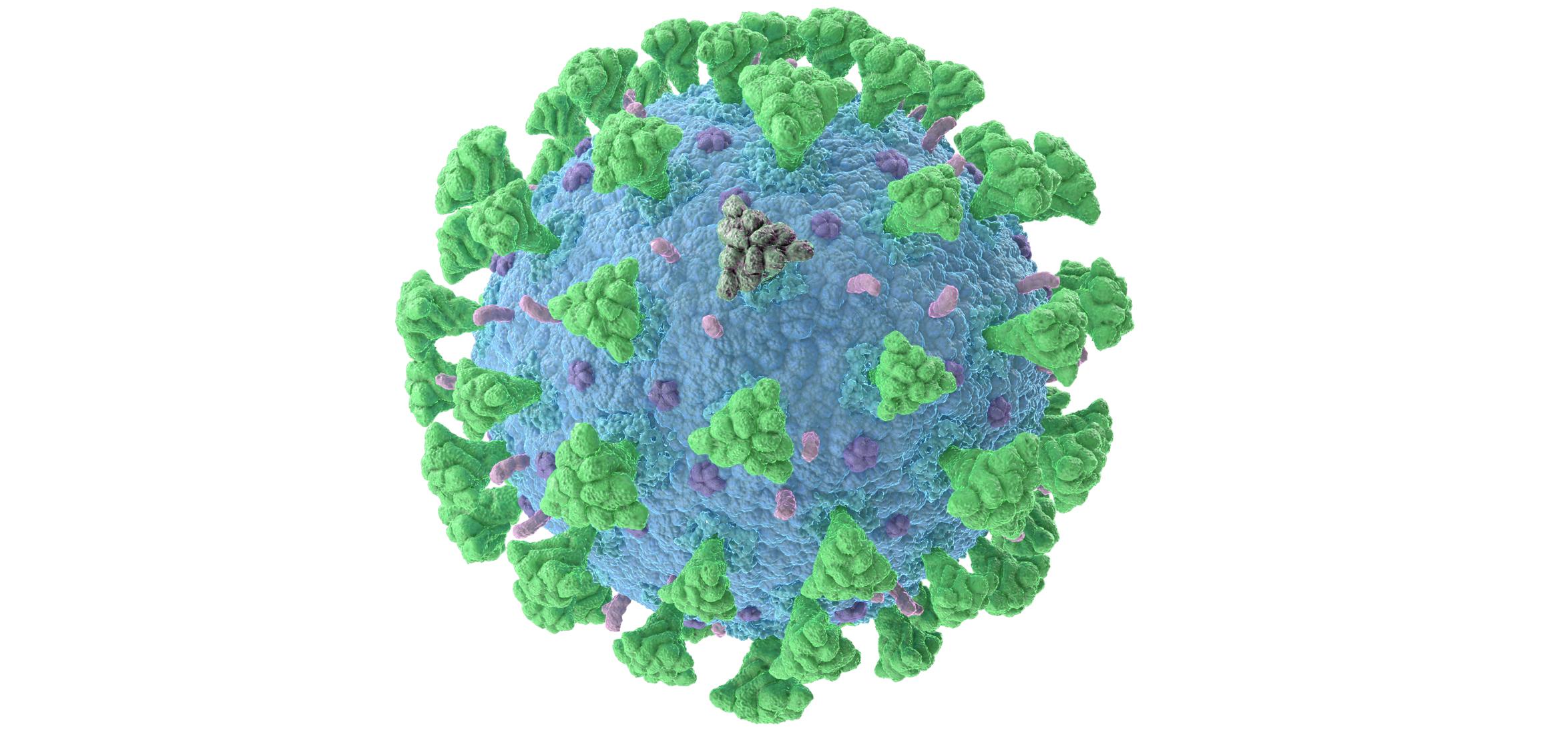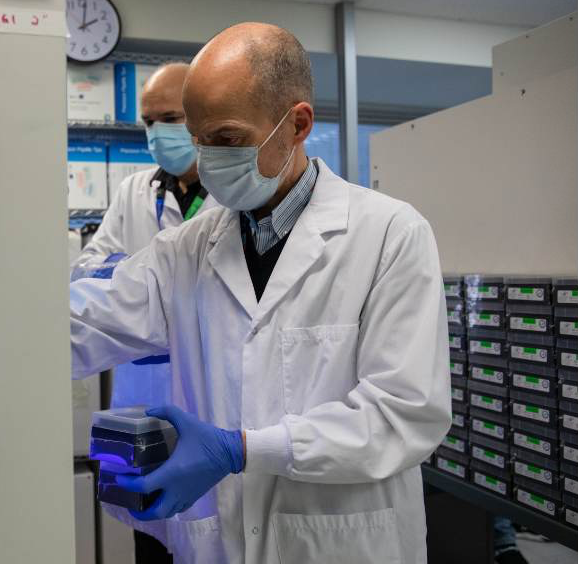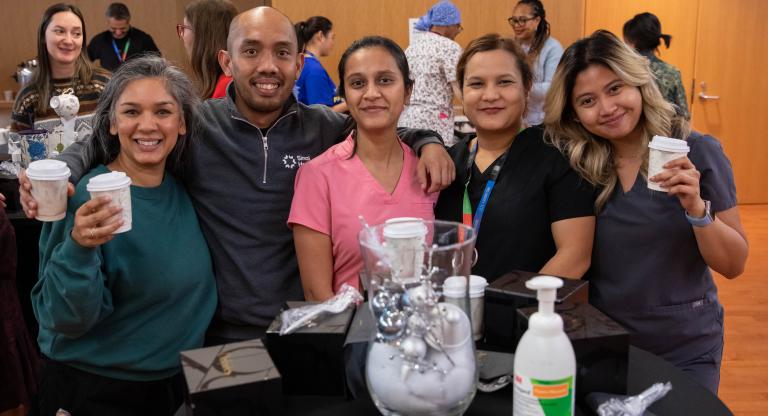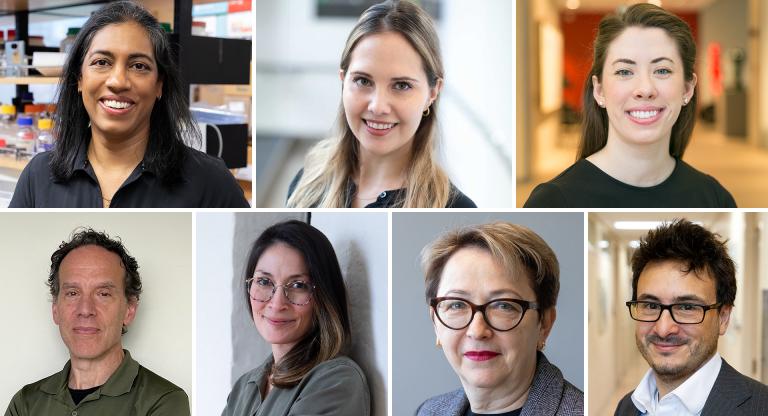Addressing questions about COVID-19 variants of concern

Dr. Tony MazzullIi, Microbiologist-in-Chief at Sinai Health and University Health Network oversees the shared Sinai Health – University Health Network microbiology department. With the largest lab testing capacity in Ontario, it performs 10 to 15 per cent of all COVID-19 tests in the province on a daily basis. Dr. Mazzulli shared some facts and addressed questions to shed some light on the COVID-19 variants of concern (VOC). Here’s what you need to know.
Why are only certain variants called “variants of concern”?
As a virus multiplies and goes through the population, it will mutate. We see variants all the time, with any virus, whether it be the flu or cold. What makes variants of concern like the U.K or South African strain different is that they also have other features like being more infectious, cause more serious disease or increase mortality. At the moment, because the implications of the new “Indian” variant (known as B.1.617) is not fully known, it is being referred to as a ‘Variant of Interest’. If there is evidence that it is more transmissible (i.e. infectious) and/or causes more serious disease, it will become a Variant of Concern.
What if I’ve already had COVID-19? Can I get it again?
Yes, we’ve seen both vaccinated and non-vaccinated people get re-infected with COVID-19. On average, the disease is milder and less severe if you’ve already had the disease, even if you are infected with a VOC because you have partial immunity based on your previous infection or vaccination.
If the COVID-19 vaccines were made to protect me against the natural COVID-19 strain, do they protect me against a VOC?
Yes, if you are vaccinated, your outcome tends to be better, whether you are infected with the natural strain or a VOC. There is value to getting vaccinated to protect yourself and others, because the more people who get vaccinated, the less these viruses will circulate in the population and thus the less they will be able to mutate.













